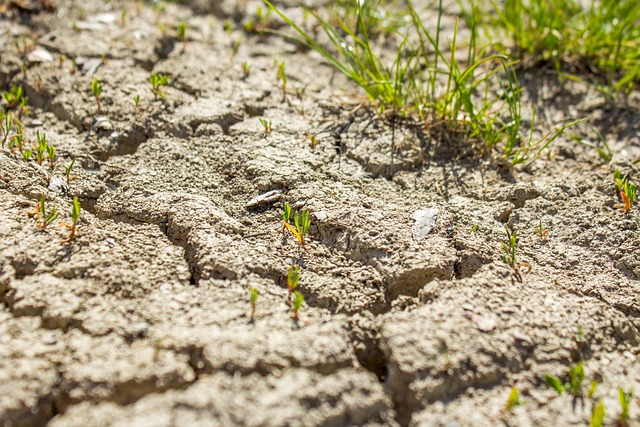INTRODUCTION
The water resources in Pakistan are getting depleted due to the overuse of groundwater. A research paper reported that 73% of groundwater is used for irrigation while 27% is used from other freshwater resources. Pakistan is suffering from water crisis and we all know that. For more information read: Water Crisis in Pakistan- Current and Future.
Also check out Water Scarcity Crisis in Pakistan: Causes, Effects, Solutions
INDUS WATER TREATY – A WATER DISPUTE AMONG INDIA AND PAKISTAN
When there is talk about the water scarcity crisis in Pakistan, we never forget the root cause of dry rivers i.e. India holding water that belongs to Pakistan according to Indus Water Treaty 1960. The treaty was signed between the two countries as a resolution to water conflicts between India and Pakistan.
More details : South Asia Water War – Impact of Indian Hegemonic Aim on Pakistan
Nevertheless, India violated and has been continuously violating the treaty. The country has a clear intention to leave Pakistan barren and isolated. Political conflicts require wise political solutions. Until Pakistan makes its way out of the FATF grey list, there seems no reliable solution to the hegemony of India in South Asia.
FUTURE OF PAKISTAN’S WATERS
Millions of people living in Pakistan don’t have access to clean/portable water. According to IMF, Pakistan will become a water scant country till 2025.
Published research has given an estimated percentage of water waste that is 60% and the cause is the poor irrigation system. Pakistan is a developing country where modern technology has not yet fully employed. The reasons for this are finance, maintenance of equipment, personnel education and above all unemployment. The daily demand for potable water is increasing due to the increasing population.
The coming future of Pakistan will see severe water shortage problems. A case study indicated that the biggest cities of Pakistan are facing water shortage issues due to urban sprawl.
IMPLICATIONS OF WATER SCARCITY CRISIS IN PAKISTAN
Acute water shortage would have severe impacts on the economy of Pakistan. The agrarian country has a huge population linked with the agriculture sector. 20% of the national GDP is covered by agriculture.
A study has reported that Pakistan will suffer GDP losses that might range 11.7% and welfare losses up to 10.9 billion by 2030.
The regions where people don’t have access to drinking water are dying from thirst.
POSSIBLE MEASURES THAT MUST BE ADOPTED URGENTLY TO MITIGATE PAKISTAN’S WATER WOES
The year 2025 is not far, climate change is already showing its havoc on the country. Published research has reported that the possible solutions to the water scarcity crisis must be adopted soon enough in order to combat the consequences of water shortage.
Another published research has suggested drought-tolerant crops as a solution to the water scarcity crisis in Pakistan.
Improved irrigation systems, wastewater treatment technologies, rainwater harvesting system, water conservation, construction of dams, building sea water desalination plants in Sindh and Balochistan and and a strong political will to resolve water conflict are key solutions to the water scarcity crisis in Pakistan.
Related information:
Dire Need of Sea Water Desalination Plants in Baluchistan Pakistan
Dire Need of Sea Water Desalination Plants in Sindh Pakistan
WATER POLICY – COULD IT BE A POSSIBLE SOLUTION TO THE WATER SCARCITY CRISIS IN PAKISTAN?
The water shortage issue cannot vanish overnight. It can only be addressed at the provincial and national levels. Water policy that includes improved water management strategies, as well as the quality of potable water, must soon be implemented at the national level.
It takes two hands to clap. The proposed solutions to the water scarcity crisis in Pakistan not only require government actions but as residents of beautiful country – Pakistan – how vigilantly we are putting efforts in conserving water is equally important. The government and Pakistani people must unify in order to deal with water scarcity issues at household, provincial and national levels.
CONCLUSION
The projected future of the water scarcity crisis in Pakistan could only be dealt with fundamental approaches. Pakistan is a water-stressed country and soon runs out of water reserves. The government has taken several initiatives (billion tree tsunami project, miyawaki urban forest) to tackle the ongoing impacts of climate change on Pakistan. The national water policy must be reformed and effective implementation may prove out as an efficient effort.
Also check out: Top 15 Countries Already Bearing the Brunt of Climate Change
I hope you all liked this post! Please comment below if you have any suggestions, comments, or feedback! We at #envpk love hearing from our readers! Thanks!




